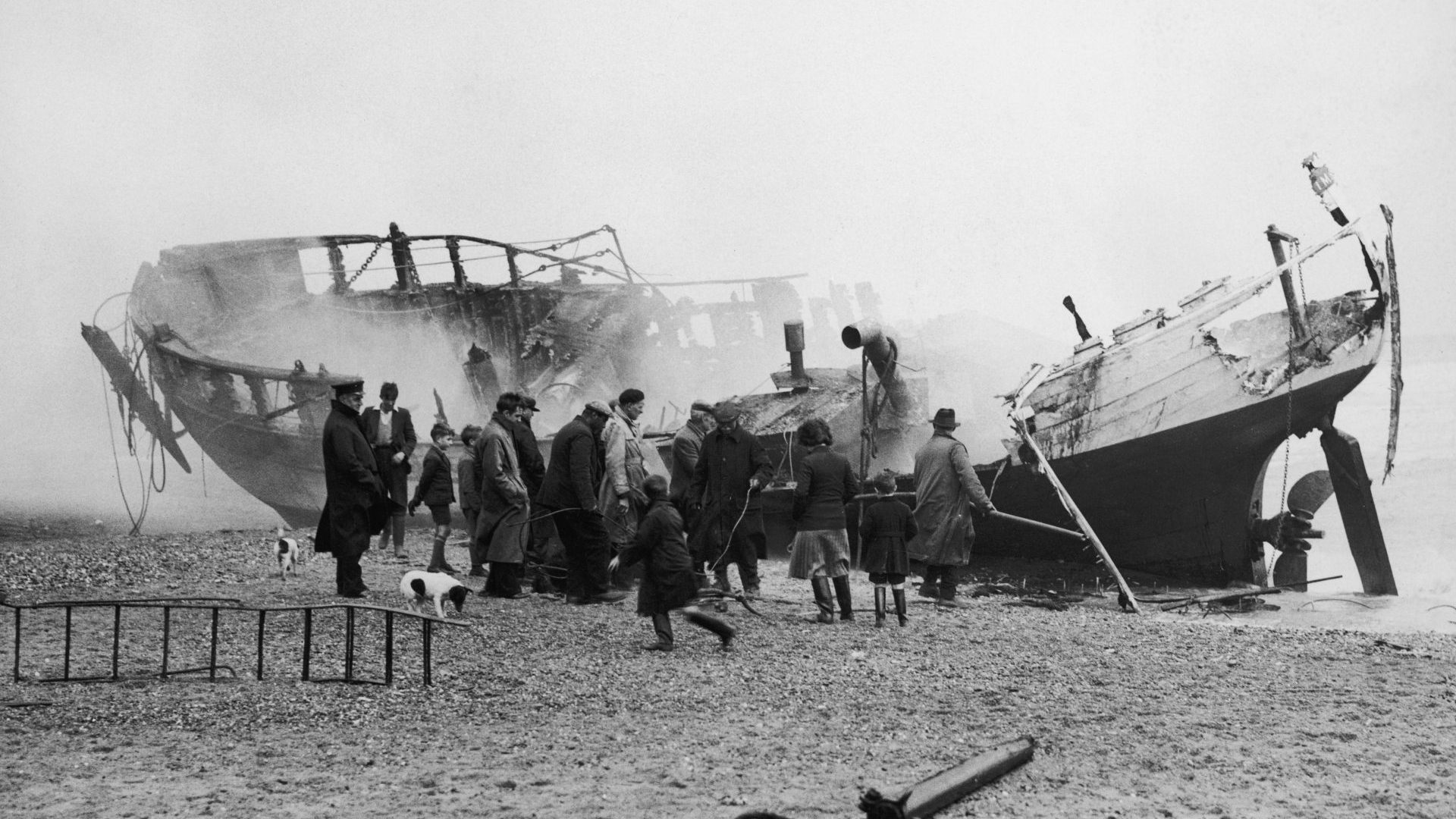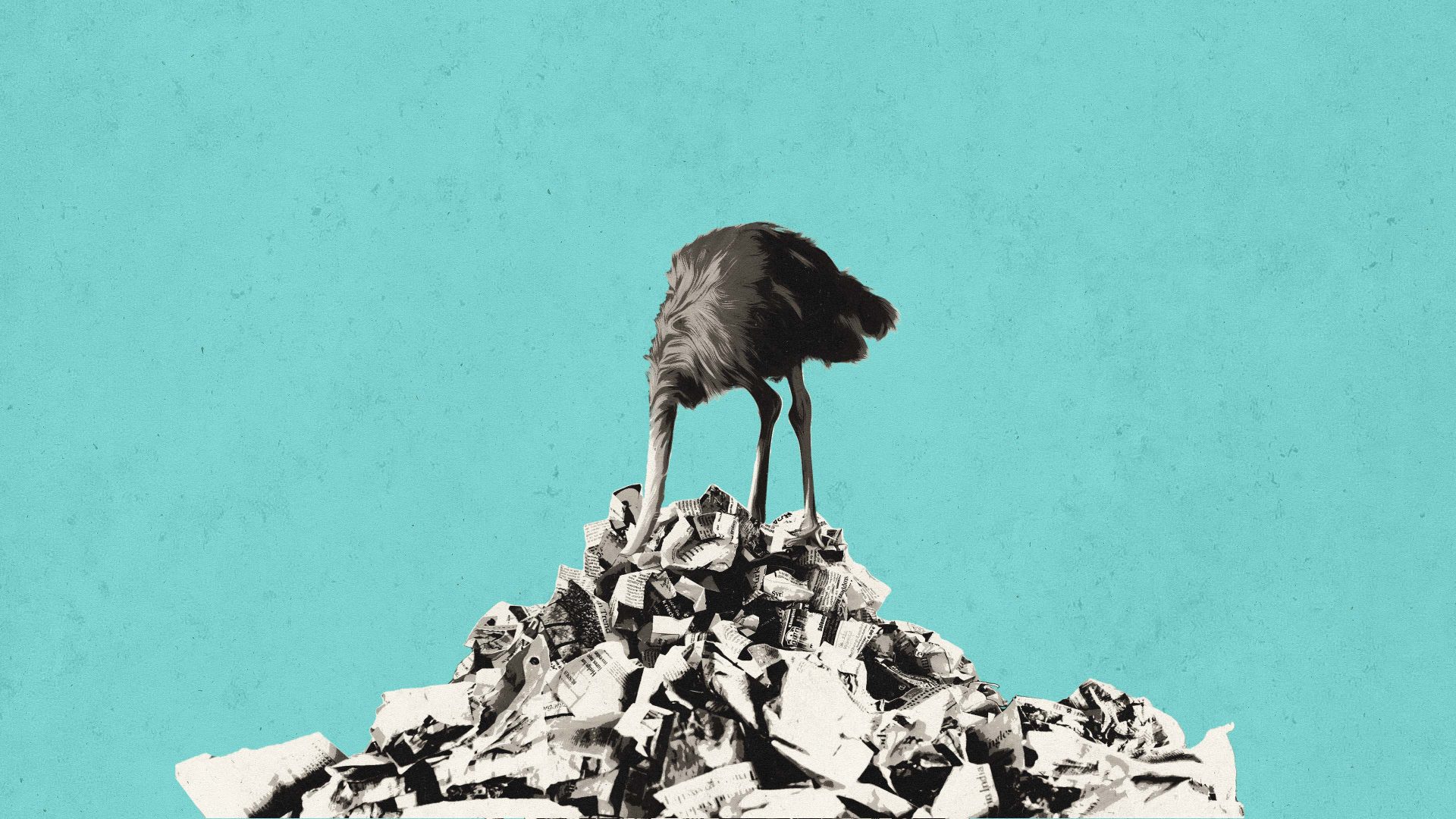To say that the UK’s fishing industry is an emotive subject that causes a disproportionate amount of political and economic discussion in comparison to its size is a massive understatement.
Even the industry’s own lobby groups admit that it is a very small industry – in 2021 it made up 0.03% of the British economy or less than 1/33rd of 1%. Fishing directly employs around 11,000 people – although 18,000 more work in processing – and that number has halved in the last 30 years. Out of a total workforce of 32.7 million people in the UK it is a vanishingly small number, and as the Financial Times pointed out back in 2018, in the pre-pandemic era, fishing made a smaller economic contribution to UK GDP than the Harrods department store.
To be brutally honest, if the whole fishing fleet were mothballed overnight, the country would hardly notice the economic hit.
This has, however, not stopped it being a political football, and a Brexit bellwether. Distant memories of a fish and chip shop on every street corner, Cornish fishermen and their sea shanties, the famous claim that the British Isles are “made of coal and surrounded by fish” and the Royal Navy taking on Iceland during the Cod Wars give the industry a romantic aura. They all seem to pluck at the heart strings and blur the vision of policymakers and voters alike.
The industry is not immune to this romantic vision of its role, which perhaps helps to explain why it was so easily persuaded that its long, slow decline was the fault of the EU and the Common Fisheries Policy (CFP). It swallowed the lie that Brexit would lead not just to a slowing down of that decline but to a huge expansion. Britain’s fishers seemed genuinely to think the UK would regain lost fishing grounds and a new dawn of economic prosperity would follow, with a surge in jobs for the port towns of Grimsby, Hull and Brixham. But the fishing industry, like many other sectors of the UK that were promised the earth, has found that it was deceived.
Wiser heads in the fishing industry did see this coming. What they knew, and the rest of the industry forgot, was that fish caught by UK boats was mainly exported to the EU and the fish we eat was imported.
According to research by the House of Commons library, 60-80% of UK domestic landings are exported. That includes fish popular on the continent like herring, mackerel and shellfish, but which have a limited market in the UK. Meanwhile, five species (cod, haddock, tuna, salmon, and prawns) account for around 70% of all fish consumption in the UK and represent a significant proportion of the UK’s fish imports.
Many in the fishing industry ignored those facts during the referendum because of assurances made by Brexiteers that fish exports to the EU would continue as normal, or even improve, after Brexit, while it could leave the CFP and maintain access to its traditional fishing grounds. Each of these hopes turned out to be fantasy.
For a start, just like with the Common Agricultural Policy, you cannot just leave the CFP and enjoy all the benefits. You become a third country and follow all the rules that other third countries do. That was not so much a problem for the boats at sea, but remember, the fish processing industry is worth just as much if not more to the British economy than the actual trawlers.
The Trade and Cooperation Agreement means there are no tariffs on fish imports and exports to and from the EU, but there are new rules, and all UK exports now have to have health certificates, catch certificates and customs declarations. The industry is also covered by the new VAT rules between the EU and the UK.
It is a godsend to form-fillers, pen-pushers and shipping agents, all of whom have to be paid by the fishing industry to access a market that was completely open just a few years ago.
Since Brexit, the UK has managed to increase its quota share in talks with the EU and it is expected to rise to 107,000 tonnes per year by 2025. But that increase of 12.4% has nothing to do with Brexit. Instead it is down to healthier fish stocks, which have allowed everyone to get a larger quota.
The industry was promised by Brexit campaigners that it would get more than that – another 229,000 tonnes. That’s more than double the current catch and would be worth another £281m. But it was not true.
While the government claims the whole sordid mess is a “success”, the industry calculates that the added costs far outweigh the larger quotas and it is therefore losing £79.5m per annum because of Brexit.
Now the industry is also being hit by higher fuel prices and that perennial Brexit favourite – a shortage of labour. Arina Motova-Surmava is chief economist at Seafish, the public body that supports the UK seafood industry and, as she explains, despite all those claims that Brexit would bring jobs flooding back to fishing ports, the processing industry has terrible trouble finding workers. “There is an issue with getting British people to work on the shop floor of processing factories, where you normally have the smell of fish and it is 10 degrees. It is not an attractive place to work.” The industry, like many others, is in talks with the government to try to bring in workers from the EU and elsewhere to fill the gaps. Like many others, it is finding that the government is not listening.
The industry has also had to contend with many other issues. Covid hit it directly and also badly affected the restaurants and food outlets that it supplies. Britain is now in a period of recession, and in tough times dining out is one of the first savings that people make. Fuel prices for both boats and factories are also soaring. It is, says Motova-Surmava, “a perfect storm – this is what the industry is telling us.”
For the actual crew members and the boat owners, it is also a pretty apt description of their problems. They face all the other issues the industry does, but also find they are losing access to more distant but still traditional fishing waters.
UK Fisheries is a Hull-based operator of distant-water fishing vessels, which catch cod and other popular fish in the far northern waters around Norway and Svalbard. The company’s chief executive, Jane Sandell, told me how the failure by Defra to negotiate access to these waters has decimated her firm: “As a side-effect of Brexit the UK has had to start negotiating for itself (with Norway) and frankly the job has not been done well, so in 2019 we had a quota of 10,085 tonnes of cod, and in 2022 the UK has been allocated just 500 tonnes. It is not the success that the spin doctors at Defra say it is.” It is a stark reminder of the reduction in UK negotiating power since Brexit and a body blow to the industry.
As a result, UK Fisheries has had to announce the retirement of one of its only two deep-sea trawlers, the Farnella, with the loss of 12 jobs. The future of its only other large boat, the Kirkella, is now uncertain. Since the UK left the EU this one company has gone from three ships to one and has had to lay off 72 crew members. This is not the bright new dawn that the company and the industry were promised.
In fact, the majority of the industry is actually worse off. Sandell says it is not just her company that is suffering. “Look at the small shellfish guys in Bridlington, for instance, who have to jump through hoops and have to spend a lot of money on specialists to assist them to export, when exports have been their life blood – when exports to the EU is exactly where the lobster and crabs and langoustine go. It was a lie, that is the long and short of it. This was where the wrongs were going to be righted and we were going to get back control of our waters.”
It never could happen, and it didn’t. Once the photo opportunities were over and the vote won on the back of stories about a revitalised fishing fleet, jobs for all and cheaper fish and chips, the truth hit home.
In reality, the fish we eat are increasingly not landed by British boats, but imported from Iceland and Norway. There the fishing industry can take advantage of the UK’s lower quotas to land, process and then export their catch to us. They must be laughing all the way to the bank.
The EU was always going to insist on some access to the UK’s waters in return from some access to theirs. New expensive checks and tests were necessary on the seafood exported to the EU because the UK is now a third country and the ability to get good deals from other countries, like Norway, died with Brexit. It was the EU’s size and heft that got access to those waters for the UK’s boats.
After being the poster boys of Leave, lending their voices and boats to the Brexit campaign and bringing a very short ray of hope to failing coastal towns around the country’s shores, the fishing industry has been betrayed by Brexit.




